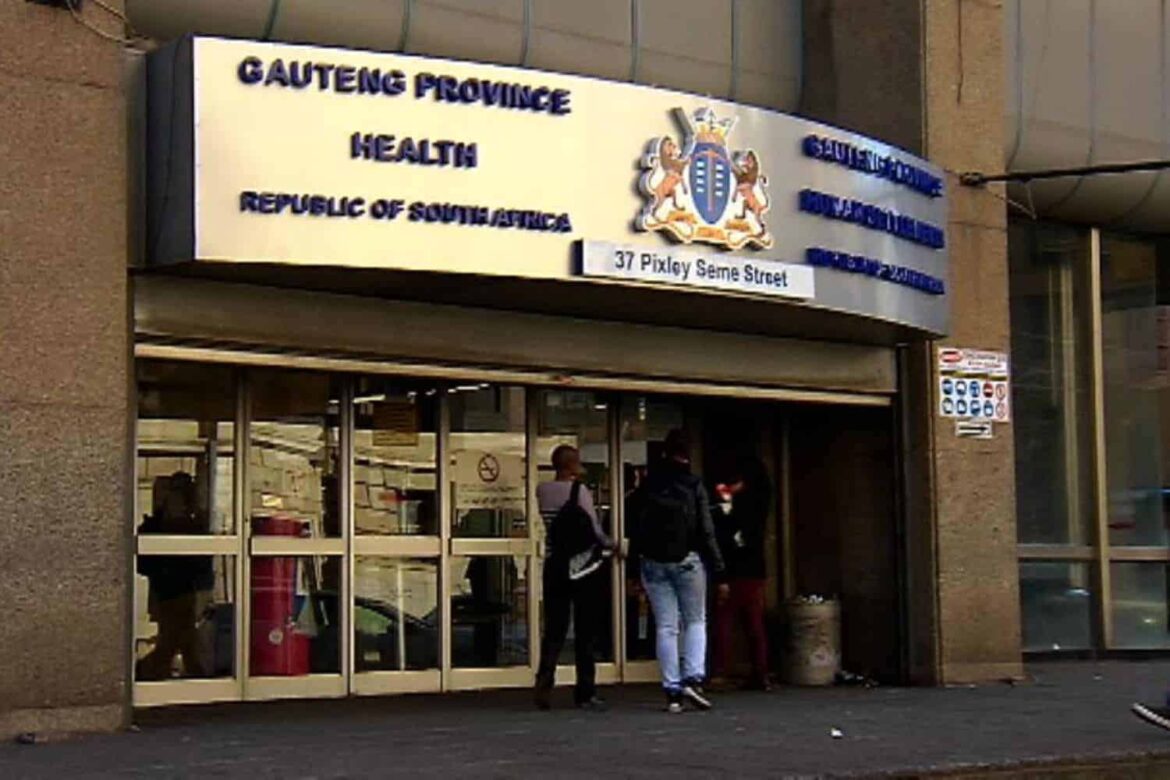A mother has filed a lawsuit against the Gauteng Health Department, demanding R10 million in compensation after her twin daughters were allegedly swapped at birth 22 years ago. The mother claims that a mix-up at a hospital led to one of her biological children being switched with another newborn, resulting in decades of confusion and emotional trauma for both families involved.
The incident reportedly took place at a Gauteng hospital, where the mother gave birth to twin daughters. However, in a shocking twist, the two babies were mistakenly swapped, and each family unknowingly raised the wrong child. The mother only discovered the mix-up years later, when it became clear that one of the children she had been raising was not her biological daughter, but a child belonging to another family. At the same time, the true biological daughter of the woman had been raised by the other family, unaware of the mistake.
The emotional toll on both families has been immense, as the bond between mother and child was built on false assumptions. The mother, now seeking justice, is suing the Gauteng Health Department for the distress caused by the hospital’s error. In her legal claim, she demands R10 million in compensation for the psychological and emotional trauma suffered by herself and her children, who grew up with the false belief that they were living with their biological parents.
The case has brought to light serious concerns regarding the management of maternity wards and the accuracy of hospital records. It also highlights the profound impact of such errors on families, particularly when they involve the foundational bond between parent and child. The lawsuit is ongoing, with the mother seeking not only financial compensation but also a public acknowledgment of the mistake and accountability for the hospital’s actions.
This case raises important questions about hospital procedures and the need for rigorous checks to ensure that such mistakes are avoided in the future. As the legal battle continues, it serves as a reminder of the deep emotional consequences that can result from administrative errors in healthcare settings.
